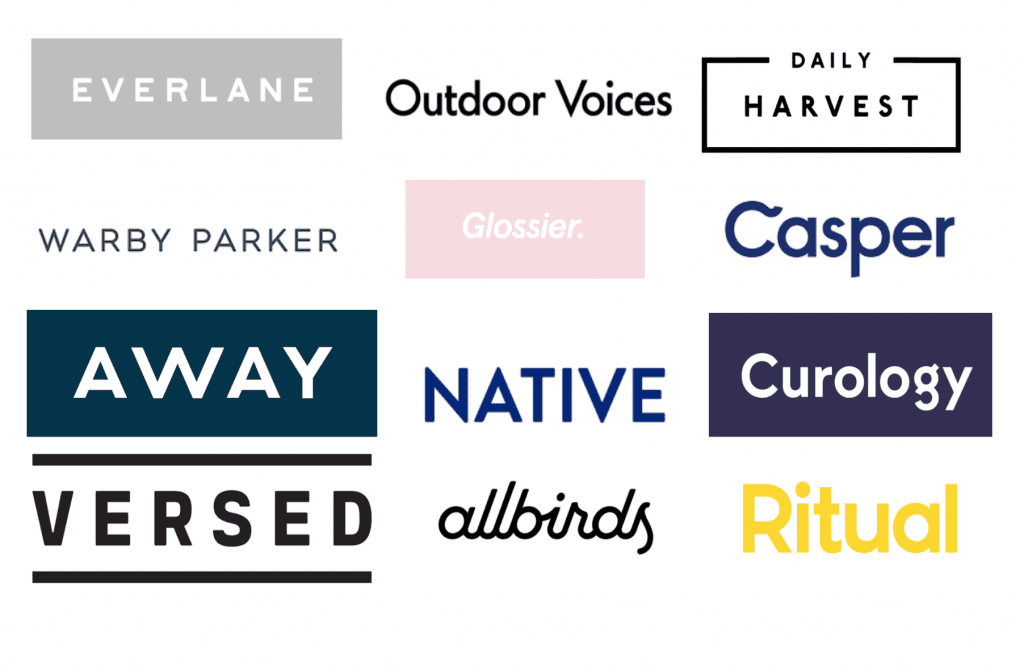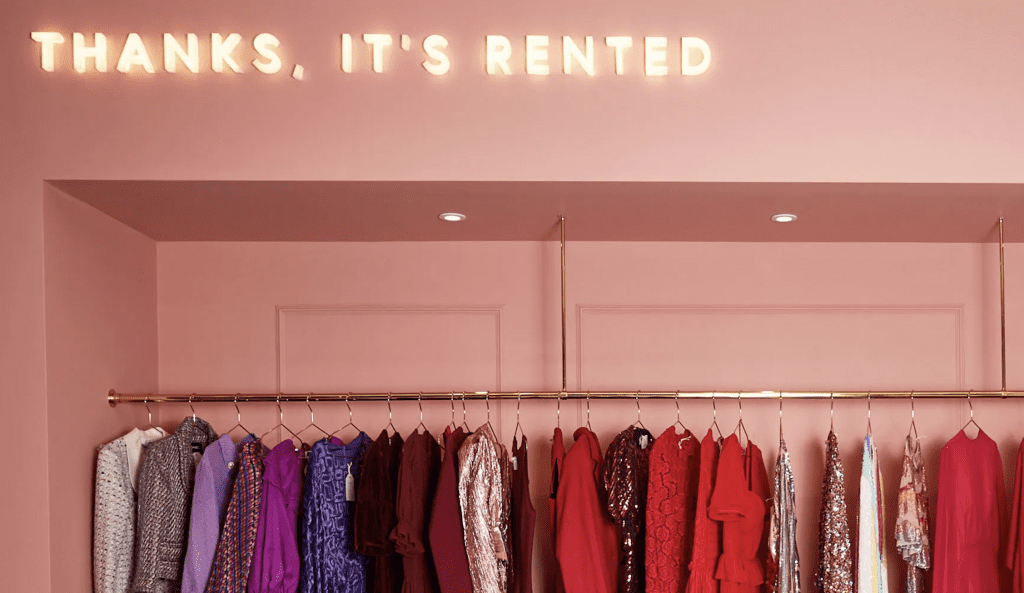Billion dollar-plus valuations and core bases of consumers that are loyal to their buzzy products might not be enough to keep the likes of Warby Parker, Allbirds, Glossier, Casper, and Away on top, as consumer spending continues to shift in light of the spread of the COVID-19 crisis. “Even though consumers are buying more products online due to the coronavirus, [direct-to-consumer] brands should anticipate hardships in the coming months,” eMarketer analyst Oscar Orozco said in a note, as reported by CNBC.
Over the past decade these direct-to-consumer – or DTC – companies have drastically “disrupted” the traditional retail model. “From Warby Parker (eyeglasses) to Everlane (clothing) to Casper (mattresses) and The Honest Company (baby and beauty products), this first generation of DTC companies was defined by borrowed supply chains, web-only retail, direct distribution, social media marketing, and a specific visual brand identity that favored sans-serif type, pastel color palettes, and scalable logos that were easily adapted to a variety of digital media,” as Harvard Business Review put it last month.
Cutting out the middleman, bringing formerly outsourced elements of the supply chain in-house, and garnering themselves “unicorn” status in the process, these brands won over consumers and investor, alike, with some analysts considering them “to be among the strongest in retail.”
Yet, as HBR’s Len Schlesinger, Matt Higgins and Shaye Roseman wrote recently, “many of those businesses are looking less viable than they once were,” pointing to Casper’s February IPO, which “valued the company approximately $600,000 lower than its last private fundraising round;” Brandless’ shuttering; Glossier’s suspension of “its color cosmetics line Play after lackluster sales;” and Outdoor Voices’ “reported $2 million monthly burn rate on $40 million of annual sales.”
These striking events – paired with a larger influx of competitors in the space and rising costs (including for social media advertising) – all came before the onset of COVID-19 in the U.S.
Now, as “sales continue to shift from nice-to-have products to must-have products,” CNBC reports that new analysis suggests that DTC brands are “preparing to see steep sales declines [with] COVID-19 [potentially being] what puts some of these companies out of business altogether,” various venture capitalists have projected, since most of these brands and their products “fall under the nonessential category.”
The basis for Orozco’s concerns? Already-slowing sales growth, for one thing. “In 2020, DTC sales are forecast by the firm to grow 24.3 percent to $17.75 billion, slowing from 33.1 percent growth last year, and down from 56.5 percent growth in 2018,” according to eMarketer’s data. Amazon’s growing dominance does not help, either. The $1 trillion retail behemoth “is expected to account for 60% of U.S. e-commerce sales in 2020, making it even more of a challenge for disruptors to carve out their slice of the market.”
Not all is lost, though. There is “some optimism in the start-up industry for the brands that can effectively communicate with customers during this pandemic, and not overuse promotions to reel customers in, which eat into profits,” according to CNBC. “The question — still open for debate — is which ones” can withstand this global health crisis, which is leaving nary a brand unscathed, not even the buzziest DTC ones.











